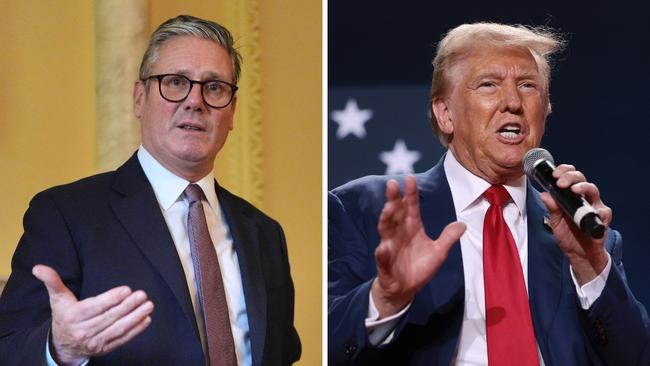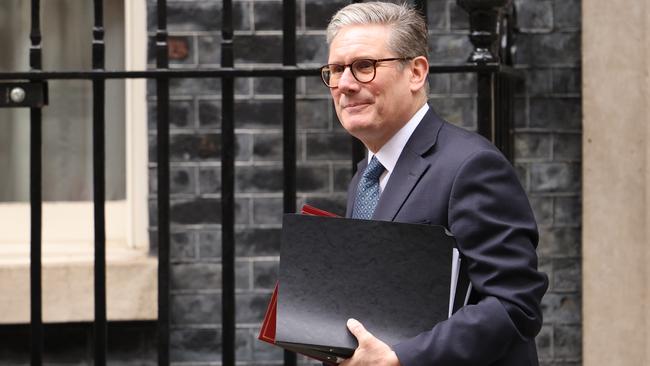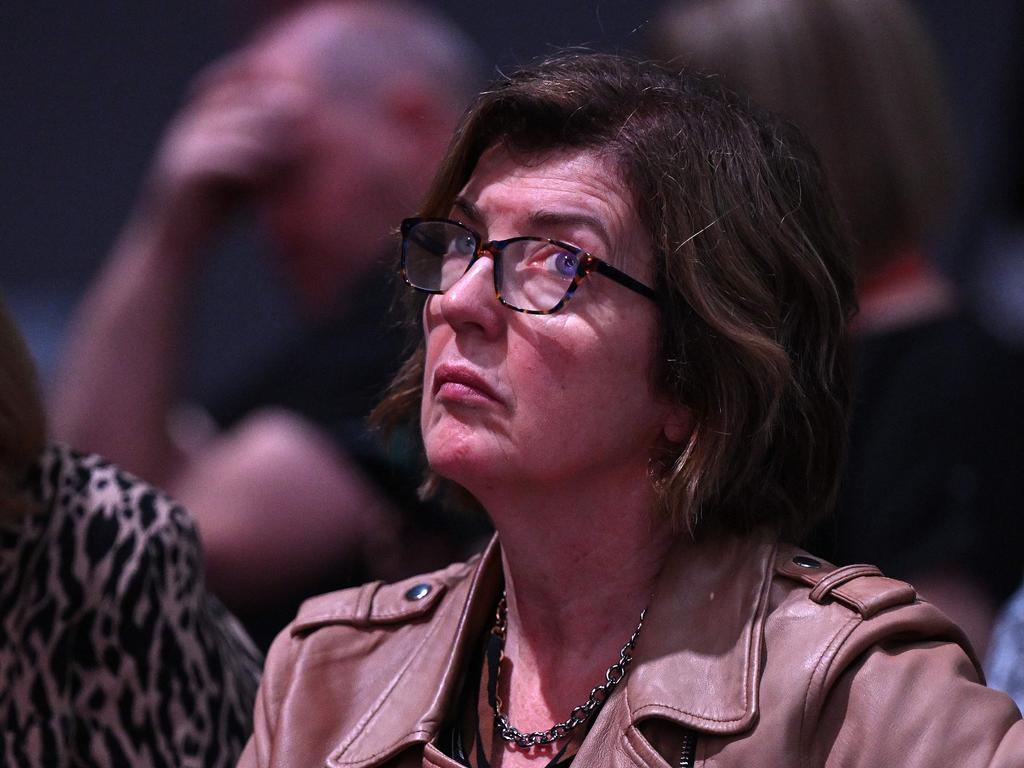‘No such thing as the special relationship’: How UK Labour outraged Trump’s campaign
The accusations of Labour interference in the US elections threatens to months of delicate work behind the scenes to build relations between Sir Keir Starmer and Donald Trump.

It began with a seemingly innocuous post on LinkedIn. Last week Sofia Patel, Labour’s director of operations, asked for volunteers to go to the United States to campaign for Kamala Harris.
“I have nearly 100 Labour Party staff (current and former) going to the US in the next few weeks heading to North Carolina, Nevada, Pennsylvania and Virginia,” she posted. “I have ten spots available for anyone to head to the battleground state of North Carolina – we will sort your housing.”
Within hours, the post went viral on both sides of the Atlantic. In the US, senior Republicans and allies of Donald Trump accused Labour of directly intervening in the forthcoming election. Patel deleted the post but the damage had already been done.
Trump’s legal team filed a formal complaint on Tuesday to the Federal Election Commission. “Those searching for foreign interference in our elections need to look no further than Ms Patel’s LinkedIn post,” the filing said.

Patel’s post threatens to disrupt months of delicate work behind the scenes to build relations between Sir Keir Starmer and Trump – but the legal filing goes well beyond that.
It also names Morgan McSweeney, the prime minister’s chief of staff, and Matthew Doyle, his director of communications, over their attendance at the Democratic National Convention in August. The Chicago convention, at which Harris was formally installed as the Democratic candidate, was attended by about 20 Labour officials and MPs.
Deborah Mattinson and Claire Ainsley, both former advisers to Starmer, briefed Harris’s campaign team on the lessons from Labour’s victory, including how to target the “hero voters” who can swing elections.
Also present were David Evans, Labour’s general secretary, four MPs and Jonathan Ashworth, a former shadow cabinet minister who is now head of the think tank Labour Together. Those present said there was nothing unusual about attending – Labour and the Democrats are sister parties. But what may be acceptable in opposition risks crossing a line in government.
Gary Lawkowski, Trump’s deputy general counsel, claims in the six-page filing that those at the convention, including McSweeney and Doyle, were attempting to “exercise direction and control over elements of Harris’s campaign”, in breach of federal law.
Doyle and McSweeney said they did nothing wrong and sources close to the pair insist they held no briefings of Harris’s campaign team. An ally said that they went to “experience the convention”.
McSweeney’s trip was funded by Labour, suggesting he was present on official business. Doyle’s trip was funded by the Progressive Policy Institute, a Democratic think tank linked to Bill Clinton, the former president.
Labour also insisted that the volunteers travelled at their own expense. The party said: “Where Labour activists take part, they do so at their own expense, in accordance with the laws and rules.” US election law allows canvassing as long as it is unpaid.
Trump’s team did not accept this. His lawyers seized on the “we will sort your housing” line in Patel’s post and the fact that the number of “spots” available was limited. The filing says: “If individuals were being asked to volunteer on their own and sort out their own housing, there would be no reason to cap the number of remaining ‘spots’. The ten-spot number suggests scarcity, which in turn suggests an expenditure of resources.”
This poses a problem for Starmer. While the government’s position on the US election is strictly neutral – the prime minister insists the UK will work with whoever becomes president – the presence of so many Labour figures and volunteers is a point of contention.
Starmer has spent much of the past year trying to make inroads with the Republican Party. There was significant work to do. As a backbencher, David Lammy, now foreign secretary, described Trump as a “neo-Nazi sympathising sociopath”. As leader of the opposition, Starmer suggested last year a Trump victory would not be the “desired outcome”.
That changed when he took office. He met Trump for the first time in September at a dinner organised by Karen Pierce, Britain’s ambassador to the US. The former president said Starmer was “very nice” and “very popular”.
This careful work is now at risk of being undone. A senior diplomat said the spat should be a useful lesson to Starmer on what is to come if Trump wins the election next month. “This is what life with Trump will be like so they better get used to it,” the envoy said. “With him there is no such thing as ‘the special relationship’. If they think they can appease him … dream on, guys.”
The Times





To join the conversation, please log in. Don't have an account? Register
Join the conversation, you are commenting as Logout